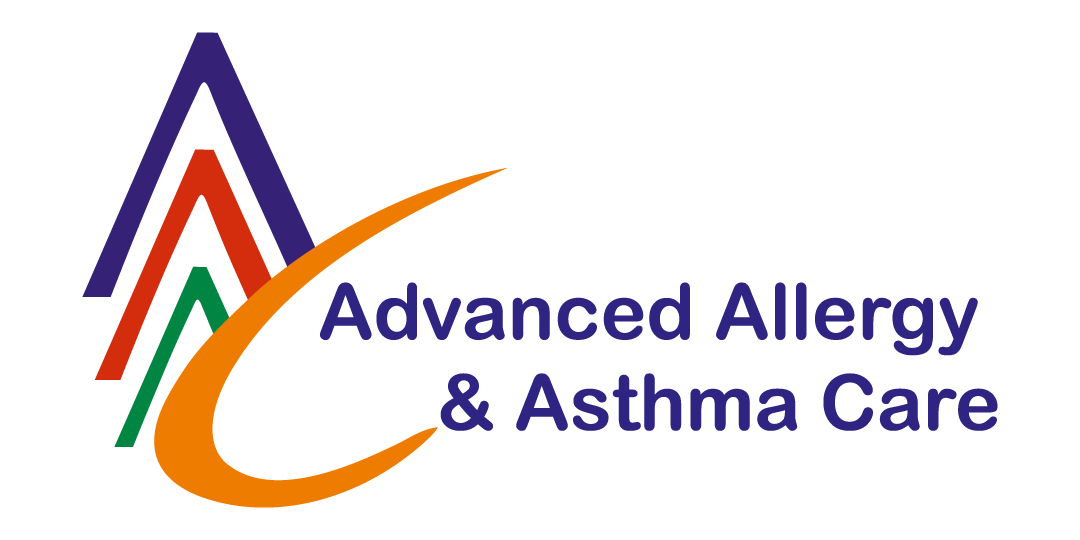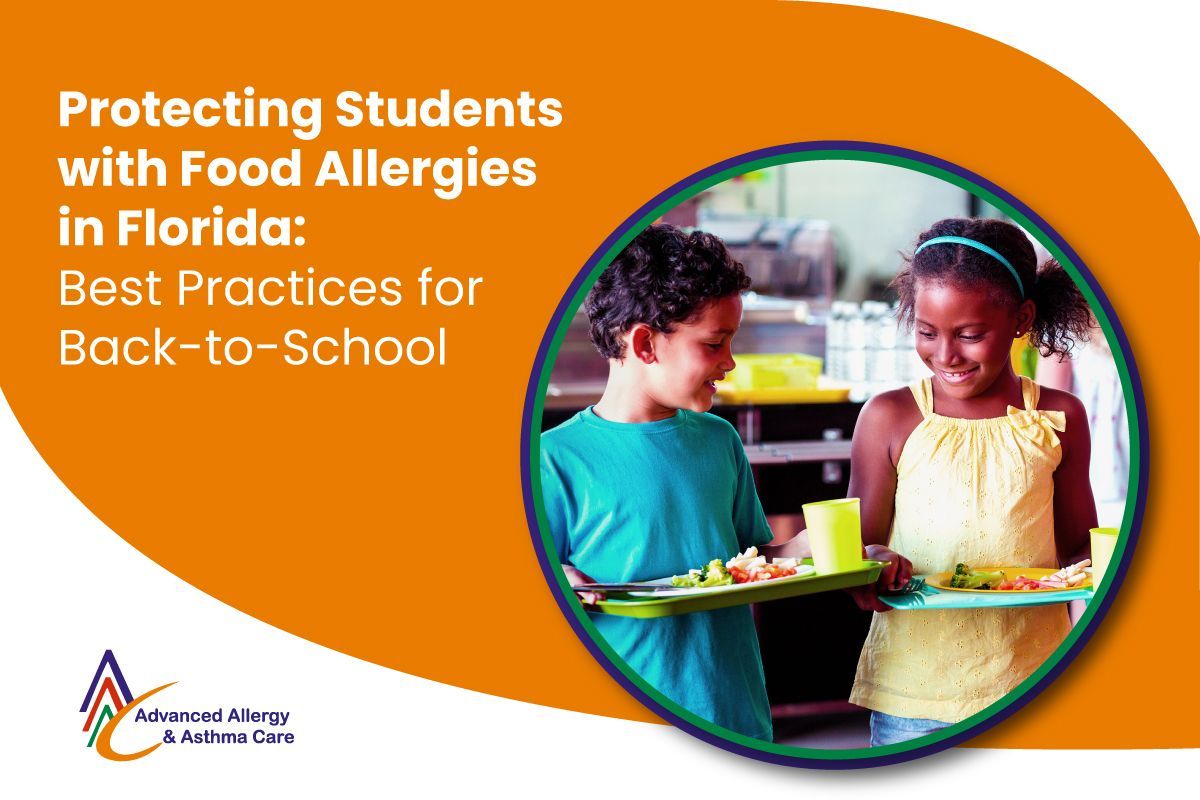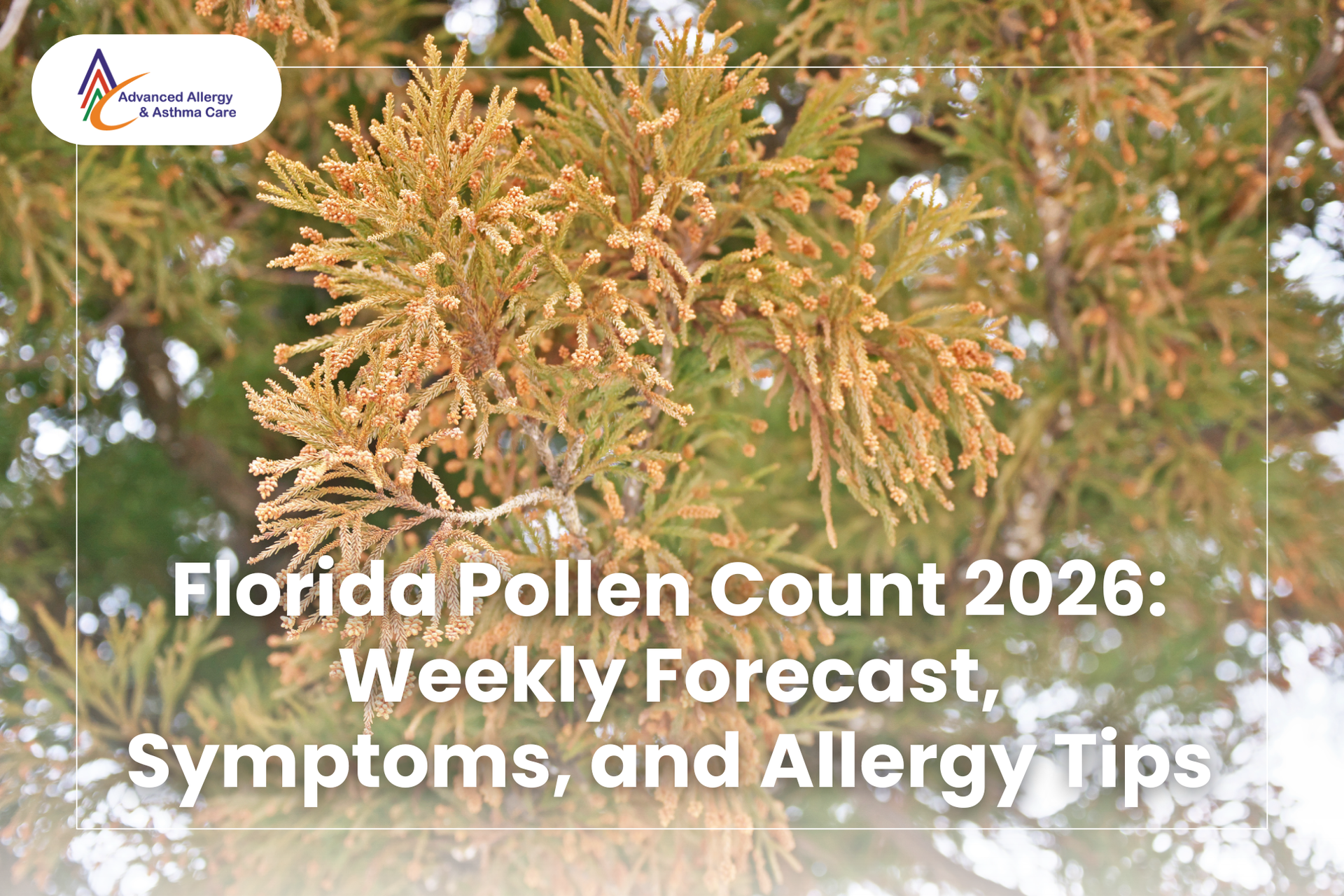How to Overcome Food Allergies in Schools
As the back-to-school season approaches, ensuring the safety and well-being of students with food allergies is crucial. According to one
study at the University of Florida, allergic reactions to food lead to approximately 30,000 ER visits and over 20,000 hospitalizations annually. Hence, it becomes even more critical to implement best practices that protect students in educational settings.
This article aims to provide valuable insights and recommendations for parents, teachers, and school administrators to establish a safe and allergy-free environment for students with food allergies. We guarantee that these tips for dealing with allergies in school are perfect for you.
Food Allergies and Schools: Understanding the Link
Before we delve into the best practices, we must understand what food allergies are and how they can impact students.
Food allergies occur when your body's natural defenses attack harmless proteins. When a child accidentally consumes allergic foods, symptoms typically follow.
Common allergens include:
- Fish
- Tree nuts
- Peanuts
- Wheat
- Milk
- Eggs
- Soy
- Shellfish
Common symptoms include:
- Difficulty swallowing
- Swelling of the face
- Swelling of the mouth
- Throat inflammation
- Wheezing
- Shortness of breath
- A raised, itchy red rash
- Tingling and itching in the mouth
When a student with a food allergy comes into contact with an
allergen, even in trace amounts, it can lead to severe allergic reactions, ranging from
hives and itching to anaphylaxis, a life-threatening condition.
How to Manage Food Allergies in School
A collaborative effort among parents, schools, and medical professionals is crucial to protect students with food allergies. Communication and coordination are critical elements in ensuring the safety and well-being of these students. Moreover, it helps prevent allergies from affecting your child’s performance at school.
Here are some best practices to consider:
Develop an Allergy Management Plan
Work with the student's parents,
healthcare provider, and school staff to create a detailed allergy management plan. This plan should outline the specific allergies, symptoms to watch out for, emergency contact information, and management steps in case of an allergic reaction.
Educate School Staff
Conduct training sessions for teachers, administrators, cafeteria staff, and school nurses to educate them about food allergies, symptoms, allergy safety tips, and emergency procedures. Ensure they are well-equipped to recognize and respond to allergic reactions promptly.
Promote Allergy Awareness
Raise awareness about food allergies among the school community. Organize educational programs, workshops, or seminars to help students, teachers, and parents understand the challenges faced by students with food allergies and how to support them.
Implement Strict Food Handling Protocols
Establish protocols for handling and serving food in cafeterias and classrooms. Avoid
cross-contamination by separating allergen-free food from other food items. Always clean and sanitize food preparation areas to minimize the risk of accidental exposure.
Create Allergy-Friendly Menus
Collaborate with nutritionists and dietitians to develop allergy-friendly menus tending to the dietary needs of students with food allergies. Ensure allergen information is clearly labeled on food items to help students and their parents make informed choices.
Establish Designated Allergy-Safe Areas
Designate allergy-safe areas, such as allergy-friendly tables in the cafeteria or classrooms, where students with food allergies can eat without the risk of exposure to allergens. Encourage other students to respect these areas and promote inclusivity.
Encourage Open Communication
Foster open communication between parents, students, and school staff. Encourage parents to inform the school about their child's food allergies, any changes in their condition, and updates to their allergy management plan.
Encourage Allergy-Safe Celebrations
Encourage alternative practices for classroom celebrations, such as non-food-related activities or providing allergen-free treats. This ensures that students with food allergies can participate fully without feeling excluded or at risk.
Regularly Review and Update Policies
Continuously review and update school policies and procedures regarding food allergies. Stay informed about the latest research, guidelines, and recommendations for food allergy management and incorporate them into the school's practices.
Empower Students
Educate students with food allergies about self-advocacy and empower them to take responsibility for their safety. Teach them to read food labels, recognize allergens, and communicate their needs to peers and school staff. Managing food allergies in the classroom may be challenging but achievable.
FAQs
What are food allergies, and how do they affect students?
Food allergies occur when your child accidentally consumes certain allergic foods. Allergic reactions vary, ranging from minor itching to life-threatening cases like anaphylaxis.
How can schools and parents collaborate to protect students with food allergies?
Collaboration between schools and parents is essential for ensuring the safety of students with food allergies. Parents and schools can work together to develop an allergy management plan, educate school staff about allergies and emergency procedures, promote allergy awareness, implement strict food handling protocols, create allergy-friendly menus, establish designated allergy-safe areas, encourage open communication, and regularly review and update policies.
What should be included in an allergy management plan?
An allergy management plan should include detailed information about the specific allergies a student has, symptoms to watch out for, emergency contact information, and step-by-step instructions on how to handle an allergic reaction. It is crucial to involve the student's parents, healthcare provider, and school staff in creating the plan to ensure everyone is well-informed and prepared.
How can schools raise allergy awareness among the school community?
Schools can organize educational programs, workshops, or seminars to raise awareness about food allergies. These initiatives help students, teachers, and parents understand students' challenges with food allergies and learn how to support them effectively. Additionally, distributing informational materials and posters can help spread awareness throughout the school.
What are some critical food handling protocols schools should follow?
Schools should establish protocols to handle and serve food safely. This includes separating allergen-free food from other items to avoid cross-contamination, regularly cleaning and sanitizing food preparation areas, and ensuring staff members are trained in proper food handling practices. Ensure clear guidelines are provided to cafeteria staff and teachers regarding allergen avoidance and prevention.
Inclusive Education: Florida's Pioneering Approach to Food Allergies at School
Protecting students with food allergies in Florida requires a comprehensive approach that involves collaboration, education, and proactive measures. By implementing the tips suggested in this article, parents, teachers, and school administrators can achieve a safe and inclusive environment that supports the well-being and academic success of students with food allergies.
Together, we can ensure that every student has an equal opportunity to thrive and learn, free from the fear of allergic reactions.
Ensure a Safe and Allergy-Free Environment for Your Child at School!
Dealing with food allergies at school is challenging but highly manageable. That's why we're here to help your child's back-to-school adventure allergy-free!
Our board-certified allergists begin with accurate allergy testing to provide the appropriate treatment options with optimized results.
Call us today if you want peace of mind over allergies with your child at school! Dial (727) 544-8100 or (813) 476-3394 to book an appointment.
You can also
book an appointment here.
We guarantee quality care topped with compassion and professionalism. At
Advanced Allergy and Asthma Care, you and your family always come first.









